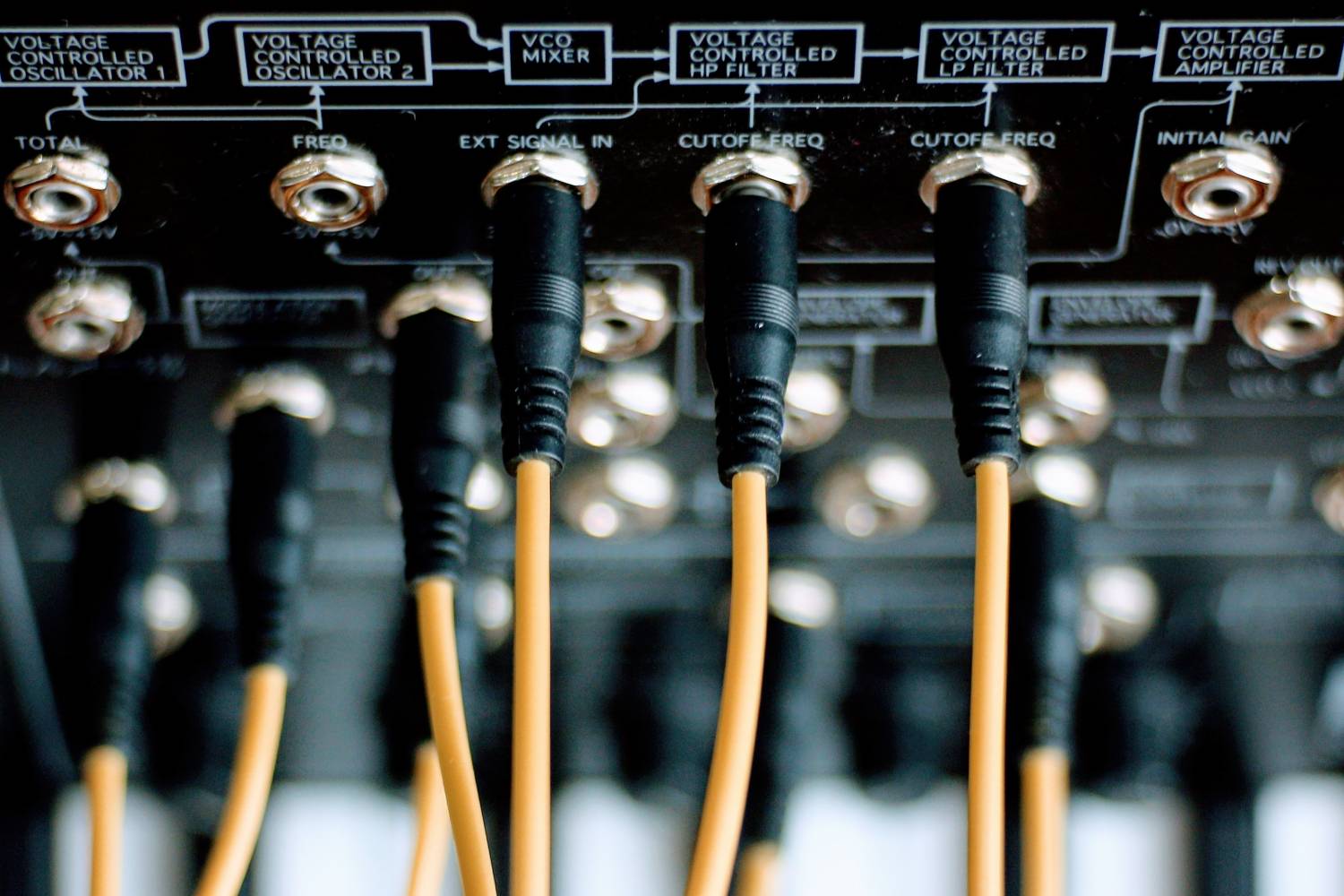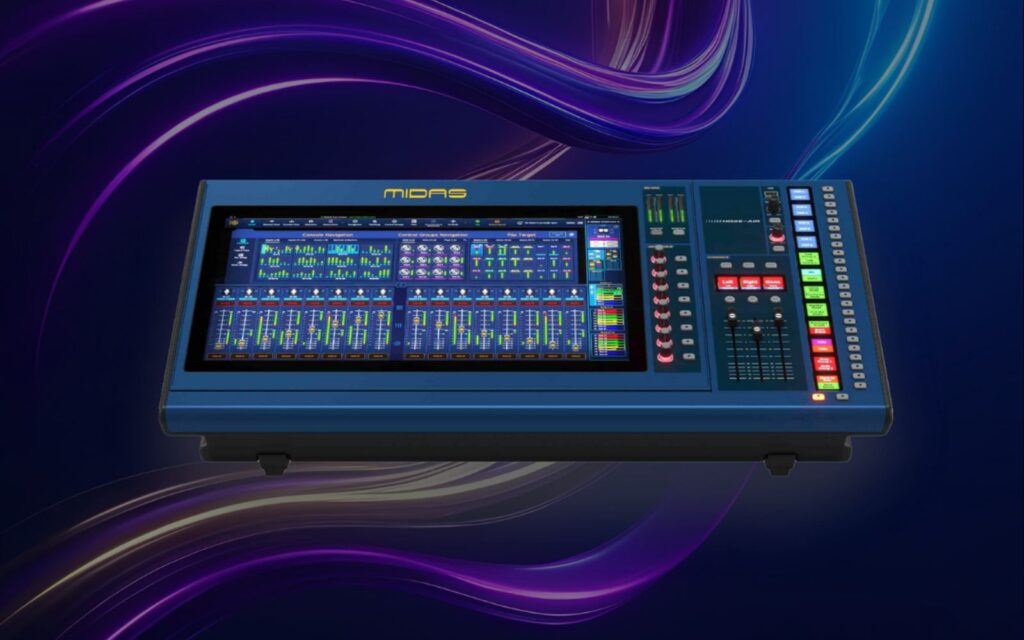With a document suggesting changes to current nomenclature.
PAMA (The Professional Audio Manufacturers Alliance) which features large audio companies including Shure, Sennheiser, and Audio-Technica have released a document detailing new terms for updating outdated language in the audio world.
What you need to know:
- The Professional Audio Manufacturers Alliance has released a press statement and document with aims of changing names of certain terms for describing audio equipment.
- Terms like master/slave which is used in reference to audio clocking, is suggested to change to leader/follower.
- They have said it is a living document, which will continue to evolve with input from the industry.
Keep your eyes peeled on our Industry News page to stay updated on all the latest headlines.
“The goal of this project is to introduce and create normalcy around neutral language in the audio industry,” said PAMA Inclusion Committee member Dawn Birr (Sennheiser).
After submitting a survey to its members, they arrived at solutions to counter some of the currently gendered and/or outdated nomenclature within audio.
Examples of terms that they are recommending changes to include master/slave to leader/follower in relation to audio clocking, male/female to plug/socket in reference to cable connections and whitelist/blacklist to inclusion/exclusion for audio networking.
PAMA have said that this document which is in its first version will be a living document, continuing to evolve with input from the audio industry to aim for a more inclusive environment for all.
“The intent is for PAMA members to recommend adopting a framework within their organizations for the implementation of unified terminology across the industry, in the spirit of inclusivity and consistency,” explained PAMA Board Chair-Elect and Inclusion Committee member Karam Kaul (Harman).
Hopefully these changes will help spark a more inclusive and level playing field for all to engage in the audio technology world.
For further reading, view the press release here and the document released here.







